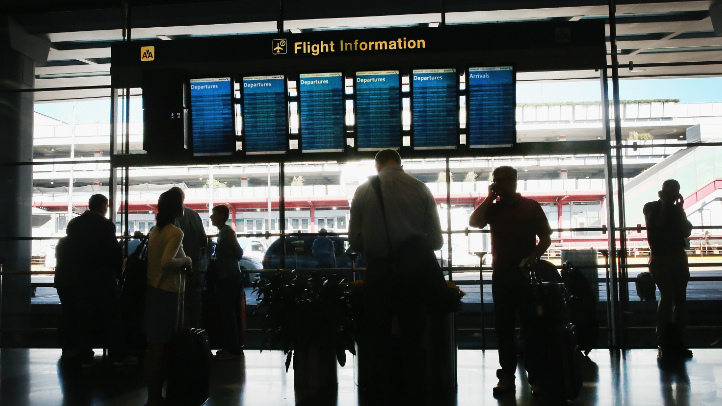Aristotle wrote the book Politics over 2,300 years ago, but it’s still the best political treatise we have. Here’s a passage that’s particularly relevant to modern-day Chicago:
The best political community is formed by citizens of the middle class, and…those states are likely to be well-administered, in which the middle class is large, and larger if possible than both the other classes…for where some possess much, and the others nothing, there may arise an extreme democracy, or a pure oligarchy.
In the era of globalization, Chicago has been a big winner, transforming itself in twenty years from a beaten-up post-industrial city torn apart by racial conflict to an international business center and a regional hub that attracts the brightest, most ambitious college graduates from around the Midwest. But just as globalization has rewarded Chicago at the expense of Detroit, Buffalo, Cleveland, Fort Wayne, et. al., it has rewarded Chicago’s wealthiest citizens at the expense of its poorest. Half a century ago, Chicago was a middle class city, dominated by blue collar workers and presided over by Richard J. Daley, a square, stodgy, middle-class mayor who never lived outside the neighborhood where he was born, or transcended its values.
Today, Chicago is a city divided between a well-off, professional class, which makes up one-third of the population and lives in isolation along the Lakefront, and a much larger service class, which buses tables, mows lawns, shines shoes, and lives in crime-ridden, under serviced neighborhoods rarely visited by the Lakefront dwellers. It is presided over by a sleek, wealthy mayor who embodies the values of the global elite: education, mobility, cosmopolitanism. Emanuel made his name in Washington, D.C., vacations in Thailand, and raises money in Hollywood.
Local
Emanuel was elected mayor by a coalition of the city’s upper and lower citizens: Lakefront dwellers and African-Americans who voted for him because he’d been endorsed by President Obama. The few remaining middle-class wards voted for Gery Chico. But he’s mostly been giving the stiff arm to the lower class, exemplified by his decision to close 51 schools in African-American neighborhoods.
Following Aristotle, the danger of such as unbalanced social structure is that the Chicagoans who haven’t shared in the city’s global prosperity outnumber those who do. If they tire of the oligarchy Emanuel represents, they could elect a populist mayor who is uninterested in Chicago’s global agenda. Emanuel’s policies are bad for two-thirds of Chicago, but a mayor who turns his or her back on globalism would be bad for everyone.



